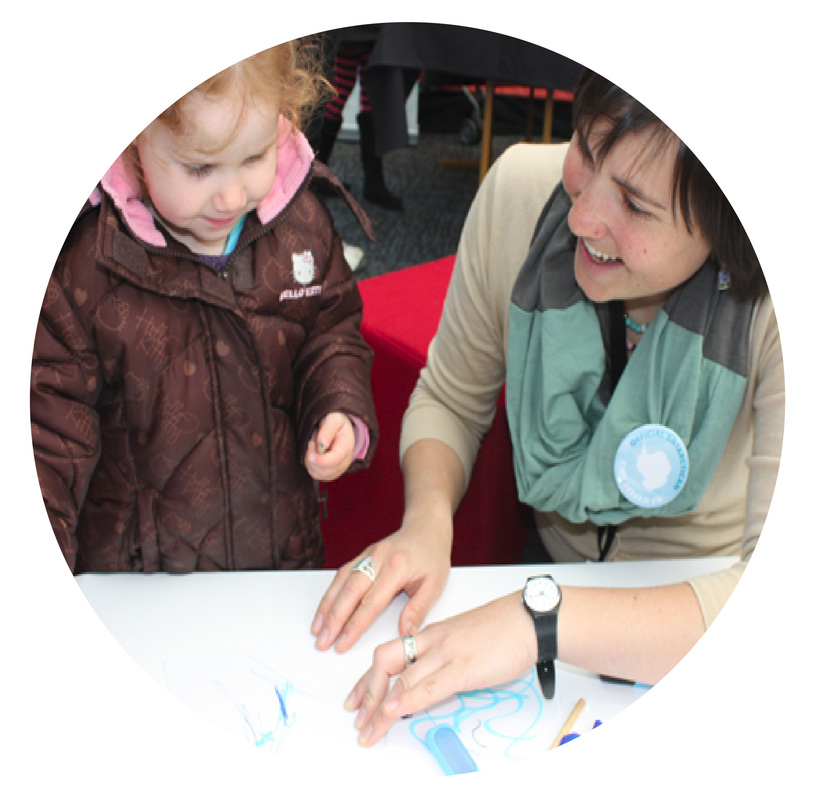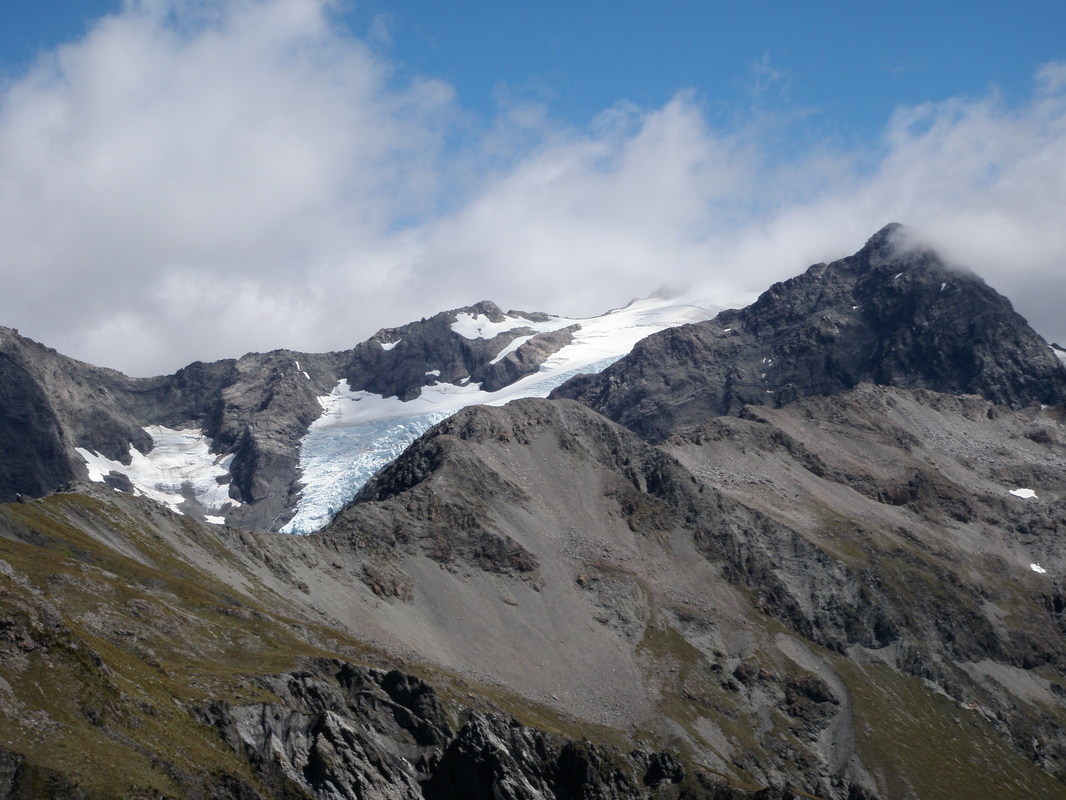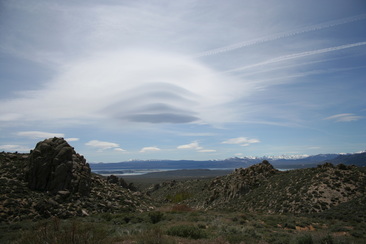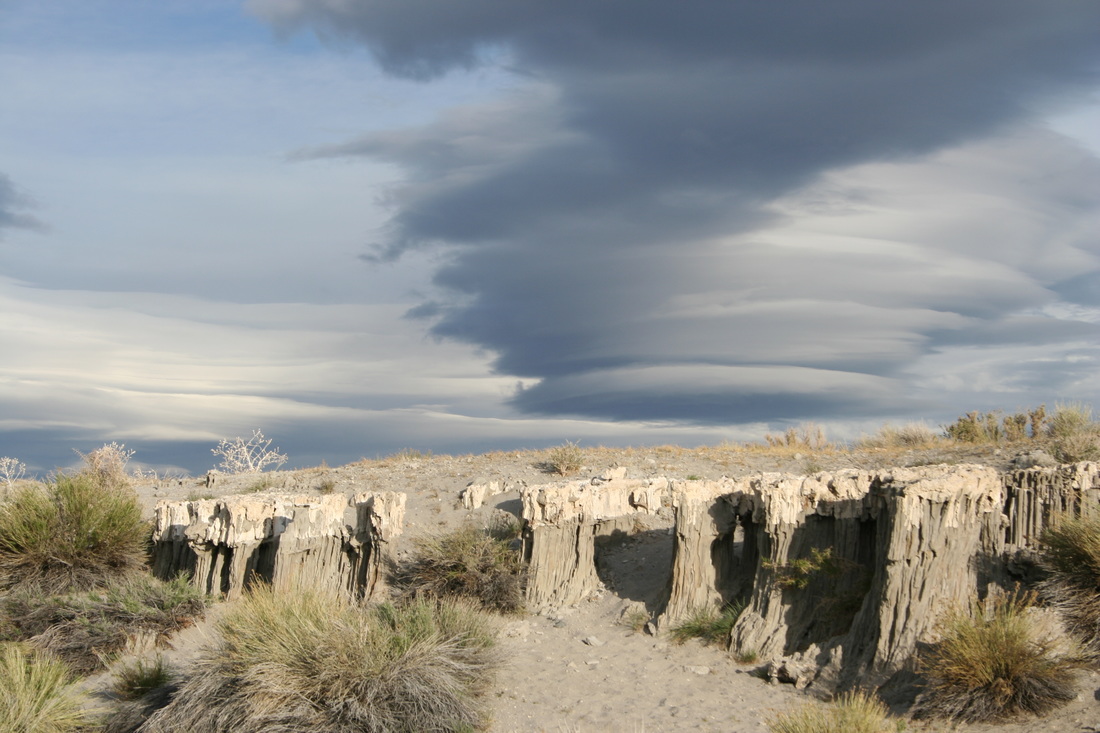"Teaching is the key to communicating science and is critical for securing a place for science in society."
Teaching & Mentoring
|
Big or little, we all have a desire to learn, experience and understand the world around us. However, the ways in which we learn and apply that knowledge are as diverse as plants in the Amazon rainforest. As a teacher and learner, I value this diversity and employ teaching practices which help different learners excel.
Navigating new, complex topics can be both exciting and unnerving. As a scientist, it is the complexity of our topics that drives (and inspires) our research. By sharing first-hand experiences and providing opportunities for dialogue and shared learning, I aim to open the eyes of my students while empowering them to use their own unique lens for exploring course content. The days of one-way, top-down teaching are outdated; with new exciting technology and increased access to content and data, I believe our teaching needs to incorporate and adapt to the real world around us. Just as in the Amazon, there remain new, unexplored horizons in teaching and learning and I continue to look for opportunities to enrich my world and the world of my students. Onward to new knowledge, together! |
|
My 2¢ on mentoring: |
We all need mentors. Mentors provide guidance and support, and help us spread our wings. I am grateful to have fantastic mentors in science, academia and industry. My mentoring style is hands-on but collaborative; I thrive as part of a team and in mentoring, aim to create a team where all members are respected for what they offer. We all benefit from different perspectives and each of us brings unique skills and goals to the table. I have had the privilege of mentoring several young scientists (undergraduate and M.Sc. level) and aspiring science communicators. I look forward to more opportunities to mentor and collaborate with talented, inspiring individuals within and outside of academia.
|
Select Courses
Throughout graduate and my post-doctoral work I have had the opportunity to work as a course instructor, tutor and mentor. I have international teaching experience in the U.S. & New Zealand. I have given invited lectures and interviews for a range of institutions and organizations like the Alan Alda Center for Communicating Science, NASA, Northern Arizona University, Victoria University of Wellington, and the Union of Concerned Scientists. Below are some of the online and in-person classes in which I have served as an instructor or tutor:
Contemporary Issues in Climate and SocietyCourse Description: This course explores contemporary issues for science and society. These five main topics covered in this online course include:
|
Climate Change and New Zealand's FutureCourse Description: Victoria University’s involvement with research in climate history provides the background to this course. The broad approach makes this an ideal paper for science and non-science students alike.
The course looks at covers climate change from a variety of perspectives including:
|
Antarctica: Unfreezing the ContinentCourse Description:
Victoria University's long involvement with studies in the Antarctic provides the background to this course. Although primarily an introduction to the natural history of the Antarctic continent, many other diverse topics are covered including:
|
The General Circulation of the AtmosphereThis course provides an overview of the circulation of the global atmosphere, the basic drivers of the climate system, including the global radiation balance, and how climate varies seasonally and from year to year.
|
GeomorphologyThis 400-level class focuses on the "interpretation of the development, history, and significance of landforms". I was the teaching assistant for the laboratory portion of this course at Northern Arizona University from 2007-2009.
|






